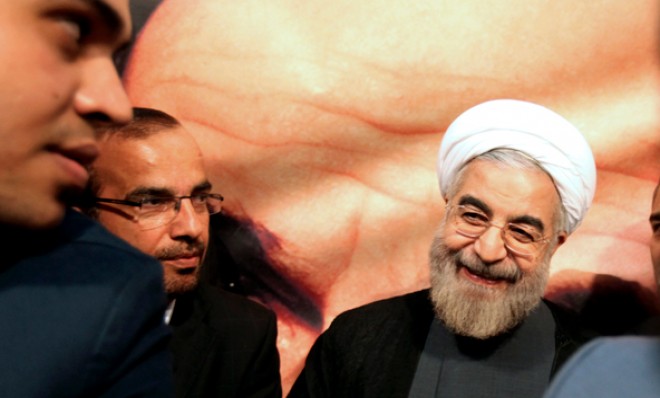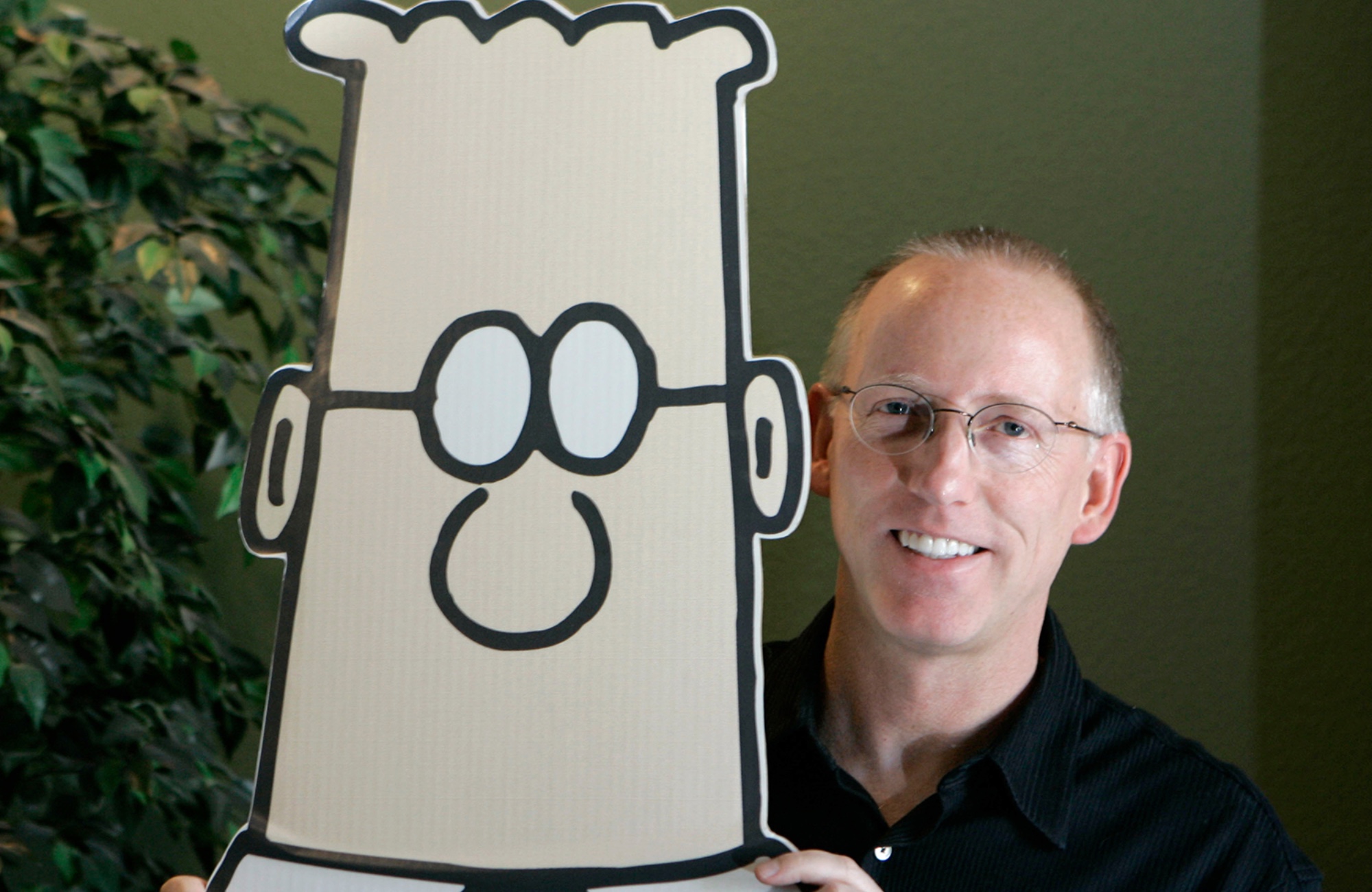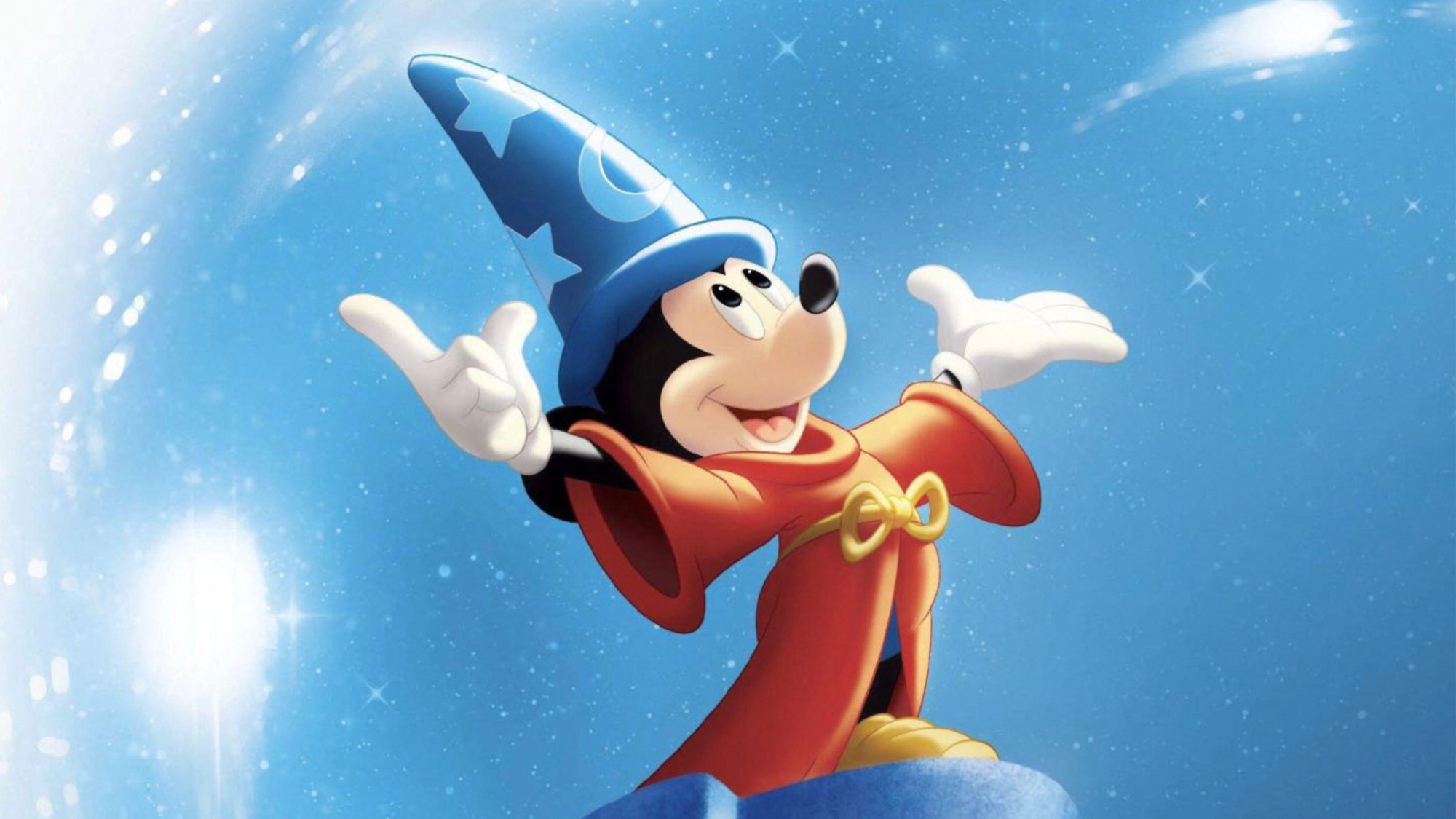4 things you should know about Iran's new president
Hassan Rowhani won by a landslide. Now the question is whether he can make substantive changes in Iran

Over the weekend, Hassan Rowhani, 64, won a decisive victory in Iran's presidential election. While Ayatollah Ali Khamenei still holds ultimate authority, the world is watching to see in which direction Rowhani will take the country after assuming control from Mahmoud Ahmadinejad in August. Already the speculation is under way about how the moderate cleric and one-time nuclear negotiator will lead Iran.
Here, a look at the most telling details about the soon-to-be president:
1. He has a reputation as a moderate
The Week
Escape your echo chamber. Get the facts behind the news, plus analysis from multiple perspectives.

Sign up for The Week's Free Newsletters
From our morning news briefing to a weekly Good News Newsletter, get the best of The Week delivered directly to your inbox.
From our morning news briefing to a weekly Good News Newsletter, get the best of The Week delivered directly to your inbox.
Rowhani, also transliterated as "Rouhani," might not be the activist reformers were hoping for, but he was the most moderate candidate of the six picked by the ayatollah-controlled Guardian Council. At campaign rallies, he has said that he wants to pursue "constructive interaction with the world" and a "policy of reconciliation and peace" — a far cry from the "resistance" to the West preached by conservative candidates like Saeed Jalili.
Still, Rowhani is no reformer. He has been part of Iran's political establishment since the Islamic Revolution.
"In an Iranian context, being a moderate means you don't pick fights with the ruling class and, at the same time, you pander to popular grievances people have about the ruling class," Hussein Banai, co-author of Becoming Enemies: U.S.-Iran Relations and the Iran-Iraq War, told NBC News.
Still, White House chief of staff Denis McDonough called his election "a potentially hopeful sign," especially after dealing with the increasingly combative Ahmadinejad for the past eight years.
A free daily email with the biggest news stories of the day – and the best features from TheWeek.com
2. Rowhani is a Shiite cleric
Ahmadinejad was the first non-cleric to become president of Iran — which, ultimately, led to some friction with the Supreme Leader. With Rowhani, Ayatollah Khamenei finally has a religious leader back in power.
Rowhani, however, isn't a hard-liner, at least compared to some in Iran's religious establishment. His thesis while getting his doctorate at Glasgow Caledonian University in Scotland: "The flexibility of Sharia; Islamic law."
3. He is known as a talented diplomat
Over the years, Rowhani has earned the nickname "the diplomat sheik," a nod to his skills as a negotiator. Not only will he have to smooth over relations between Iranian reformists and the ayatollah, he will also have to convince the U.N. to lift the economic sanctions — put in place in response to Iran's nuclear activity — that are killing Iran's economy. In 2012, Iran's oil revenues were cut in half, and inflation is currently at its highest level in 18 years.
4. He backs Iran's nuclear program
Despite his reputation as a moderate, Iran's future president has indicated that he has no plans to halt Iran's nuclear program. Rowhani, who previously served as the chief nuclear negotiator under reformist president Mohammad Khatami, has insisted that the country is enriching uranium for energy purposes only — something the international community has long been skeptical of.
He has said, however, that Iran will be more open about its nuclear program, telling reporters: "We are ready to show greater transparency and make clear that the Islamic Republic of Iran's actions are totally within international frameworks."
While that language might sound encouraging to some, Israeli Prime Minister Benjamin Netanyahu was quick to point out that Khamenei is still the one in control of Iran's nuclear program:
The international community must not become caught up in wishful thinking and be tempted to relax the pressure on Iran to stop its nuclear program.
We need to remember that the Iranian ruler [Ayatollah Ali Khamenei] at the outset disqualified candidates who were not in line with his extreme worldview, and from among those whom he did allow, the one seen as least identified with the regime was elected. But we are still speaking about someone who calls Israel the 'great Zionist Satan.' [Jerusalem Post]
So how will Rowhani lead? Perhaps only he — or he and the ayatollah — knows for sure.
Keith Wagstaff is a staff writer at TheWeek.com covering politics and current events. He has previously written for such publications as TIME, Details, VICE, and the Village Voice.
-
 Scott Adams: The cartoonist who mocked corporate life
Scott Adams: The cartoonist who mocked corporate lifeFeature His popular comic strip ‘Dilbert’ was dropped following anti-Black remarks
-
 The 8 best animated family movies of all time
The 8 best animated family movies of all timethe week recomends The best kids’ movies can make anything from the apocalypse to alien invasions seem like good, wholesome fun
-
 ICE: Now a lawless agency?
ICE: Now a lawless agency?Feature Polls show Americans do not approve of ICE tactics